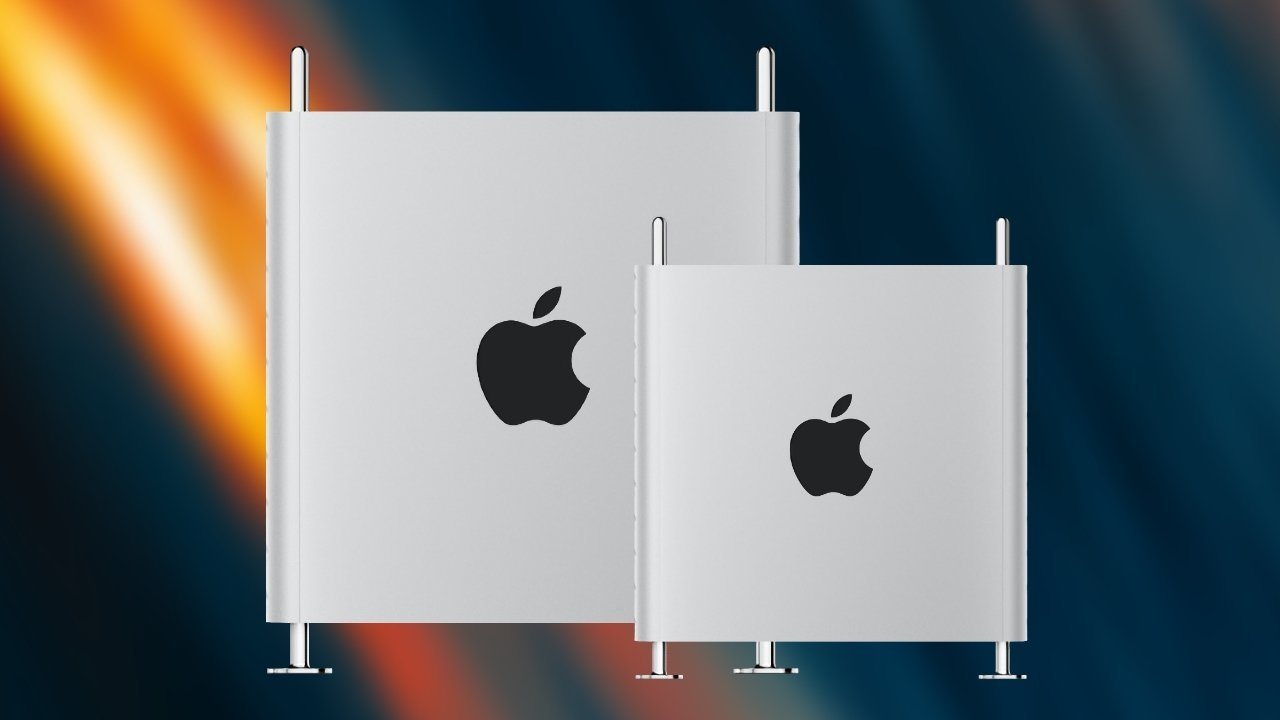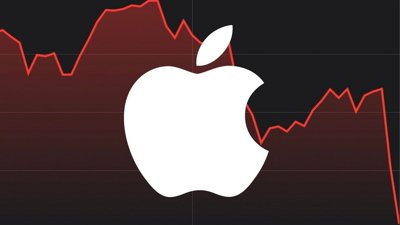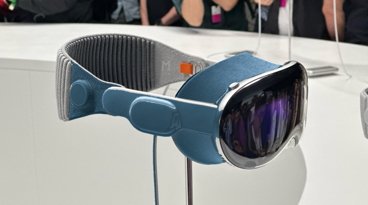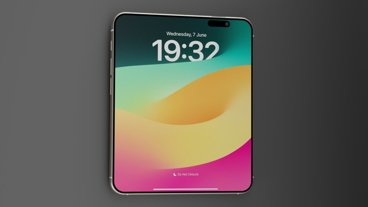Apple's plans to complete its two-year Apple Silicon transition will still be on time, a report claims, with 2022 Mac launches expected to include an updated MacBook Air and a new Mac Pro.
On launching Apple Silicon, Apple advised it was on a tight two-year schedule to transition away from Intel processors to chips of its own designs. Given the first M1 Macs landed in November 2020, Apple has until November 2022 to stay on target.
In Sunday's "Power On" newsletter for Bloomberg, Mark Gurman believes Apple will "barely hit its two-year timeline" for Apple Silicon. While the time may be fairly tight, it also appears that Apple is preparing to complete some of the trickier and higher-performance launches towards the end of the period.
According to Gurman, "M1X" Macs are on the way in the "coming months," possibly coinciding with Apple's typical fall announcements. The rumored updated Mac mini will apparently arrive "soon after that."
Into 2022, the full transition will take place "by the end of next year," and will include a MacBook Air with MagSafe support. Other rumors have put forward an updated MacBook Air, including different enclosure color options, and even the use of mini LED screen technology.
However, the main launch towards the end could be a new Mac Pro.
Expected to be smaller in size, roughly half that of the current Mac Pro, the Apple Silicon version is anticipated to use chips with higher core counts, possibly including 20-core and 40-core variants.
Gurman believes rumors about a final Intel Mac Pro are true, with one more apparently planned for launch. Rumors from July point to a Xeon W-3300 family CPU being used in an update, in parallel to Apple Silicon.
 Malcolm Owen
Malcolm Owen



-xl-m.jpg)




 Marko Zivkovic
Marko Zivkovic

 Chip Loder
Chip Loder
 Christine McKee
Christine McKee
 William Gallagher
William Gallagher
 Amber Neely
Amber Neely

 Andrew Orr
Andrew Orr

-m.jpg)






37 Comments
Bloody hell… Hope this doesn’t mean we won’t see deliveries of M1x (M2?) MacBook Pros and MacBook Airs until 2022. Really counting on 2021 Q3 or worst case Q4 deliveries.
The longer they’re leaving it, the more the competition has stepped up. The buying public can’t see beyond marketing specs so genuine advantages are already mitigated. Single-core performance has been matched by Intel 11th gen i7/i9 so it’ll be interesting to see how much Apple has left in the tank.